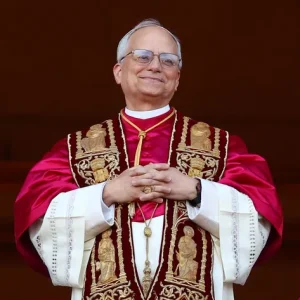I had just turned 60 when I met Thomas.

It was a quiet evening at the community library. I had stopped by for a poetry reading — something I rarely did but felt drawn to that day. He was there too, sitting a few rows ahead of me, with silver strands in his hair and the gentlest eyes I’d ever seen. We struck up a conversation over coffee afterward. From that moment, everything shifted.
Thomas was a retired architect, widowed for five years. I was divorced, living alone with my books and memories. We found comfort in each other’s stories — two souls weathered by time but not yet done with love.

For the first time in decades, I felt wanted — seen. Thomas had a warmth about him. He made me laugh like I was twenty again. We cooked together, traveled on small weekend trips, and even started planning a joint garden for the spring.

But not everyone was happy for us.

Thomas’s only daughter, Emily, visited one weekend. She arrived with a forced smile and cautious eyes. I welcomed her with kindness, hoping she’d see how happy her father was — how good we were together.

She didn’t.

A few days after her visit, Thomas grew distant. Phone calls became shorter. Our plans were often canceled. When I finally asked what was wrong, he sighed deeply and said:

“Emily thinks we’re rushing. She’s worried I’m forgetting her mother.”

That crushed me.

I didn’t want to replace anyone. I wasn’t trying to fill a void — I just wanted to share the life we still had ahead of us. But guilt crept into Thomas’s heart, placed there by someone he loved more than anything.
For weeks, we barely spoke.

I wrote a letter — a long, vulnerable letter — explaining how I felt, how much he meant to me, and how I understood his daughter’s pain. But I also asked: Do you still want this love? Do you still believe in us?
A week later, he showed up at my door, with tearful eyes and trembling hands. He said, “I do. And I’ll help Emily understand.”

It wasn’t easy.

Emily and I spoke many times after that. Sometimes she cried. Sometimes I did. But we never stopped trying. Eventually, she saw what I saw — not a replacement, not a betrayal — but a second chance at happiness.
At 60, I didn’t just find love again — I found the courage to fight for it.






